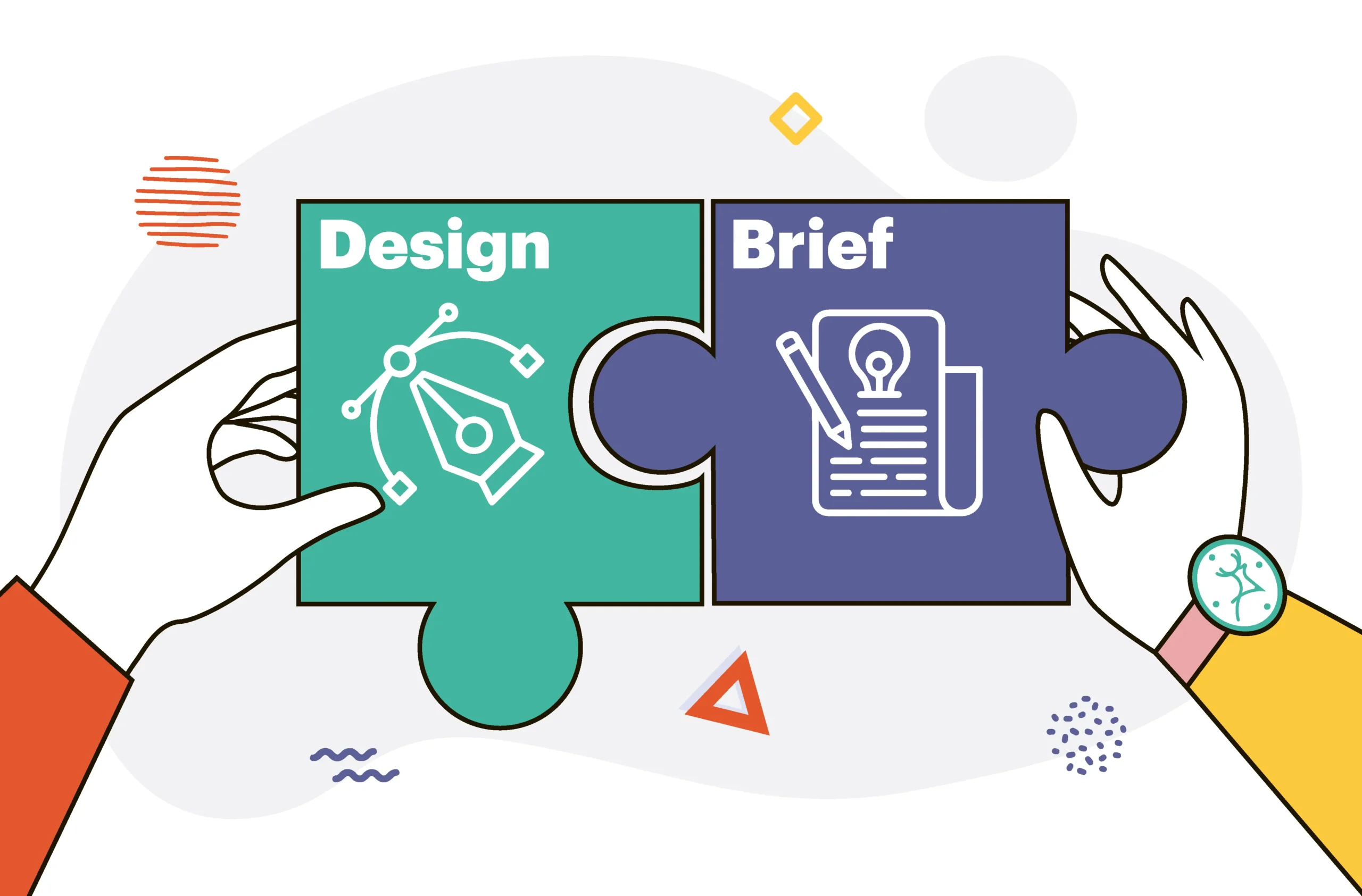
Design Brief: Specifications, Generator, Template, Technology, and Examples
A Design Brief is a document that sums up the main points and requirements of a design hangover for a company. This should be a clear and shorter plan outlining the steps involved in carrying out the project. Everyone is happy with the finished product when the company and designer have a well-crafted design brief.
Design Brief Example
| “ Project Title: Website Redesign for ABC Company Project Overview: ABC Company requires a complete boost of its current website to enhance the user experience, better navigation, and update the visual aesthetic to align with the company’s latest brand identity. Objectives:1. Improve overall user experience and usability.2. Update the visual design to reflect ABC Company’s brand identity.3. Optimize the website for mobile and tablet devices.4. Increase the website’s loading speed and performance.5. Enhance the content management system (CMS) for easier updates.6. Integrate social media channels and improve SEO. Target Audience: Primary: Business professionals aged 25-50 looking for ABC Company’s services. Secondary: Potential employees and industry partners. Scope of Work: 1. Research & Discovery: Conduct user research and explore the website’s analytics. finding the key user personas and their needs. Perform competitive inquiry to understand industry standards. 2. Information Architecture & Wireframes: Develop a new sitemap to improve navigation. Create wireframes for key pages (homepage, services, about us, contact, blog). 3. Visual Design: Design a modern, cohesive look. Create detailed mockups. Ensure accessibility. 4. Development: Apply the new design using responsive web design rules. Integrate with the existing CMS and ensure easy content management. Upgrade the website for speed and working performance. 5. Testing: Conduct usability testing with target users. Perform cross-browser and cross-device testing. Address any errors or issues discovered during testing. 6. Launch & Post-Launch: Develop a launch plan, including SEO considerations. Provide training for ABC Company’s team on the new CMS. Offer post-launch support for any immediate issues. Deliverables: User personas and journey mapsSitemap and wireframesHigh-fidelity mockupsFully functional, responsive website Documentation and training materials Post-launch support plan Timeline: Weeks 1-2: Research & Discovery Weeks 3-4: Information Architecture & Wireframes Weeks 5-8: Visual Design Weeks 9-12: Development Weeks 13-14: Testing Weeks 15: Launch Weeks 16: Post-Launch Support Budget: This project is expected to cost $50,000, which covers post-launch assistance, development, and design. Key Stakeholders: Project Sponsor: John Doe, Head of Marketing Project Manager: Jane Smith Design Lead: Sarah Johnson Development Lead: Michael Brown Success Criteria: Increased user engagement.Higher conversion rates.Positive user feedback.Improved search engine rankings. This design brief lays out a clear plan for the website redesign project. ” |
What is a Design Brief Template?
A collaborative project’s design brief template is a document that outlines the necessary steps to finish it. It explains the requirements of a client or employer, helping businesses communicate their needs to design agencies or freelancers. Typically, the Company Director or a senior executive writes the design brief.
In education, a design brief template helps plan design and technology projects. It walks students through a methodical process and shows them how to efficiently plan out their assignments.
Technology Design Brief
Design and technology are subjects where you learn to design and make things. An important part of this is writing a design brief. This is like a mini-plan that explains what you are going to make and why.
A Design Brief should include:
- What the project is and why it is needed
- Who the thing you are making is for (the target users)
- What the thing you are making needs to be able to do (the design requirements)
- A sketch or picture of your idea with explanations (the proposed solution)
- What you will need to make it (resources) and how long it will take (timeframe)
By writing a design brief, you can make sure your plan and ideas are clear and that you have a plan or ideas before you start to make something.
How to Write a Design Brief
Imagine you are explaining your cool idea to a friend so they can help you build it. A design brief is like that explanation.
Follow a few steps:
- What and Why: It is easy to define what you describe and why it is needed
- Who it’s for: Make it think about it for whom is useful for this.
- The Must-Haves: List the key characteristics your design needs to have.
- Your Idea (Sketch): Share your idea with other members and how to work it out.
- The Tools and Time: Think about how much your observation time is for this creation.
For more informational content click here >>> Blogsarina.com
One thought on “Design Brief: Specifications, Generator, Template, Technology, and Examples”